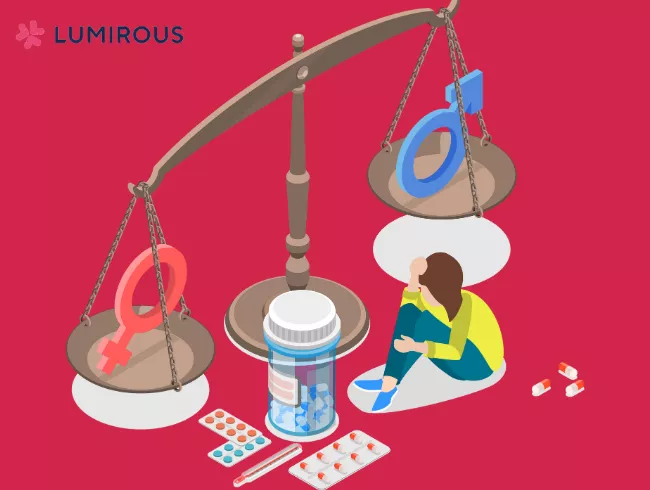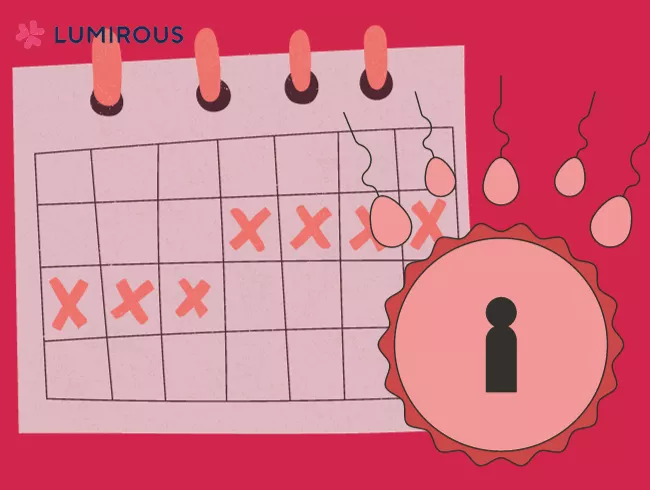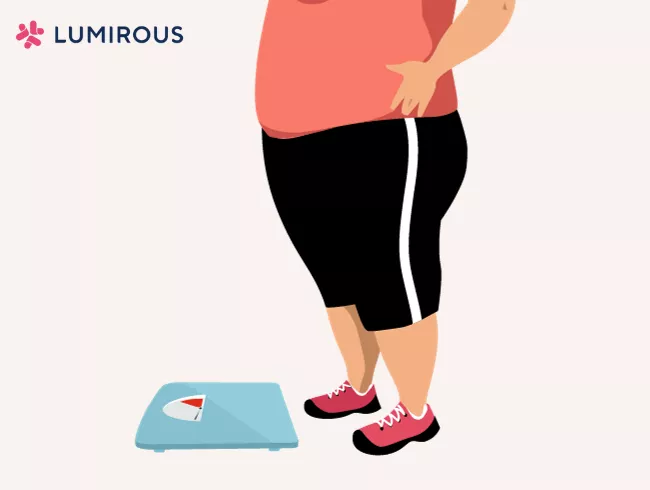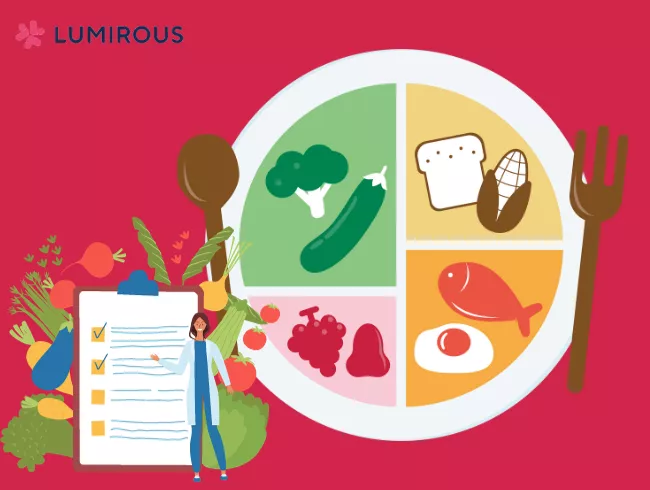Table of Contents
What Is PCOS?
Polycystic ovary syndrome (PCOS) is a common condition of hormonal imbalance affecting women of reproductive age. Women with PCOS usually record higher levels of androgen in their bodies and are prone to be insulin resistant. PCOS is also one of the most common causes of women's difficulty getting pregnant.
Your reproductive system is very hormone reliant. When you have hormonal imbalances, it interferes with the operation of your reproductive systems. Women with PCOS usually find themselves having problems with their menstrual cycle and end up producing immature egg(s) which are not ideal for conception.
How Does PCOS Affect a Woman's Fertility?
Until now, the exact cause of PCOS is still unknown. However, one thing made clear for patients with PCOS is that this condition makes it difficult for women to achieve pregnancy.
Hormonal Imbalance

One of the most common symptoms of PCOS is when your body is producing more androgen than estrogen. Androgen or known as the male hormone is the hormone that helps in developing male reproductive organs and other male traits such as body hair. Estrogen on the other hand is the female hormone needed for a women’s reproductive system to function properly. Androgen in a woman's body is supposed to be converted into estrogen, but this does not happen correctly for women with PCOS. Signs of excess androgen are visible through the presence of excess facial and body hair as well as cases of severe acne problems.
Ovulation Problems

The androgen imbalances further interfere with the growth and release of egg(s) from the ovaries, known as the ovulation process. PCOS may cause you to have irregular or prolonged menstrual cycles, which are not healthy conditions for your general and reproductive health. When healthy egg(s) are not released, fertilization cannot happen with the sperm — hence no pregnancy. Problems with your menstrual cycle could be the first tell-tale of PCOS.
Insulin Resistance

The majority of women with PCOS have insulin resistance, a condition by which their body is unable to properly use insulin to turn sugar from food into needed energy. When your body is unable to use insulin properly, it automatically demands more insulin to be produced. This causes the pancreas to make more insulin which later becomes an excess. Extra insulin, in turn, triggers the ovaries to produce more male hormones thus interrupting the ovulation process.
How to Manage PCOS?
There is no ultimate cure for PCOS. Treatment for PCOS is mainly focusing on managing individual concerns such as infertility, diabetes or obesity. The one specific treatment that anyone with PCOS will start with is to manage their diet and lifestyle. Below are a few pointers to get you started:
Manage Your Weight

Most women with PCOS are overweight. It is important to manage their weight before it reaches the point of obesity. Obesity in turn may lead to many health problems including infertility, diabetes type 2 and cardiovascular complications.
Losing weight can help to regulate your hormone level thus increasing your chances of having regular ovulation and chances of getting pregnant. The key to managing your weight is to create a healthy diet plan and keep track of your calorie intake as well as your meal’s portion size.
Exercise Regularly

A regular exercise regime is also the key to losing weight in a healthy way. Besides, regular exercise also helps to improve your ovulation and insulin level. The recommended exercise schedule is three times a week for moderate-intensity physical activities. Better yet, you can turn exercise into a couple activity. This way you and your partner can bond and support each other throughout the whole journey to parenthood.
Well-Balanced Diet

The healthy way to lose weight is to maintain a healthy diet and have regular exercise. A healthy diet is a well-balanced diet made of a variety of food groups; vegetables and fruits, proteins and high-fibre grains (i.e beans, lentils). To combat obesity and insulin resistance, you can change your diet plan to less sugar and more whole grains carbohydrates. Whole grains carbohydrates are high in fibre and won’t affect your sugar level as much as refined carbohydrates. It is also important to limit or avoid sugary drinks such as carbonated soda and juices.
References
- John Hopkins Medicine. Polycystic Ovary Syndrome (PCOS). https://www.hopkinsmedicine.org/health/conditions-and-diseases/polycystic-ovary-syndrome-pcos
- National Health Service (UK) (2022, Oct 11). Polycystic ovary syndrome. https://www.nhs.uk/conditions/polycystic-ovary-syndrome-pcos/
- Healthline (2022, Aug 11). Polycystic Ovary Syndrome (PCOS): Symptoms, Causes, and Treatment. https://www.healthline.com/health/polycystic-ovary-disease
